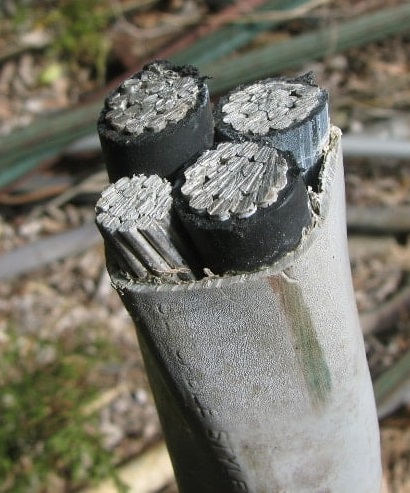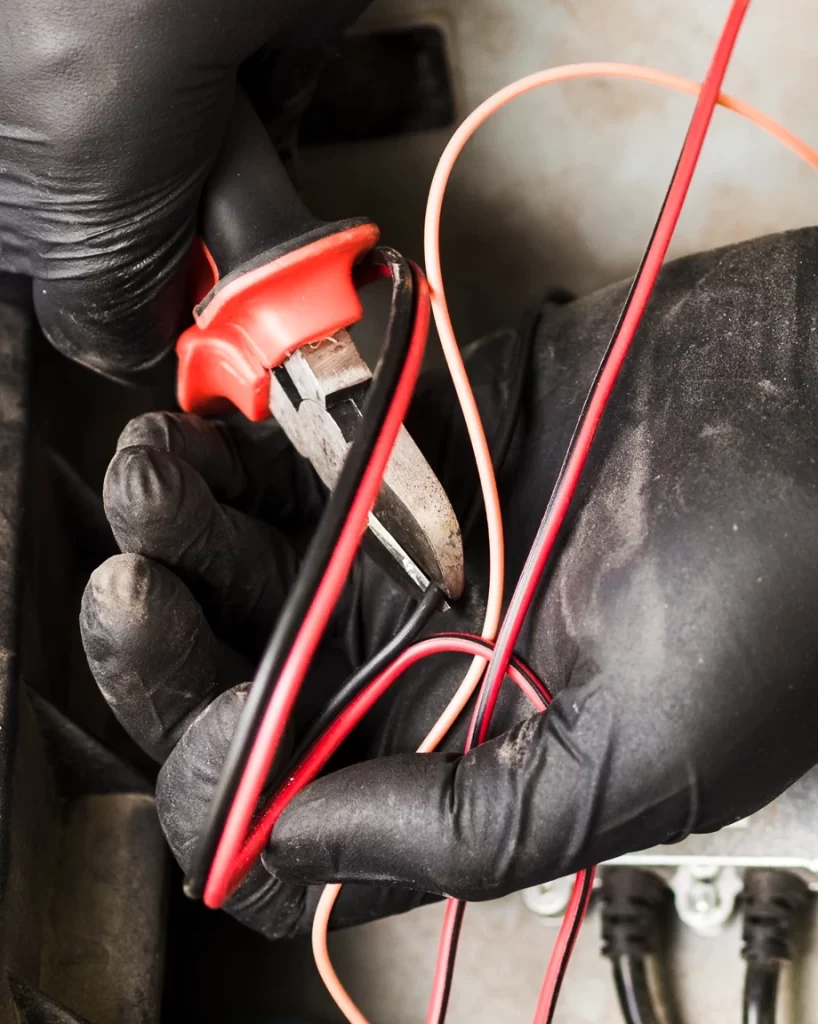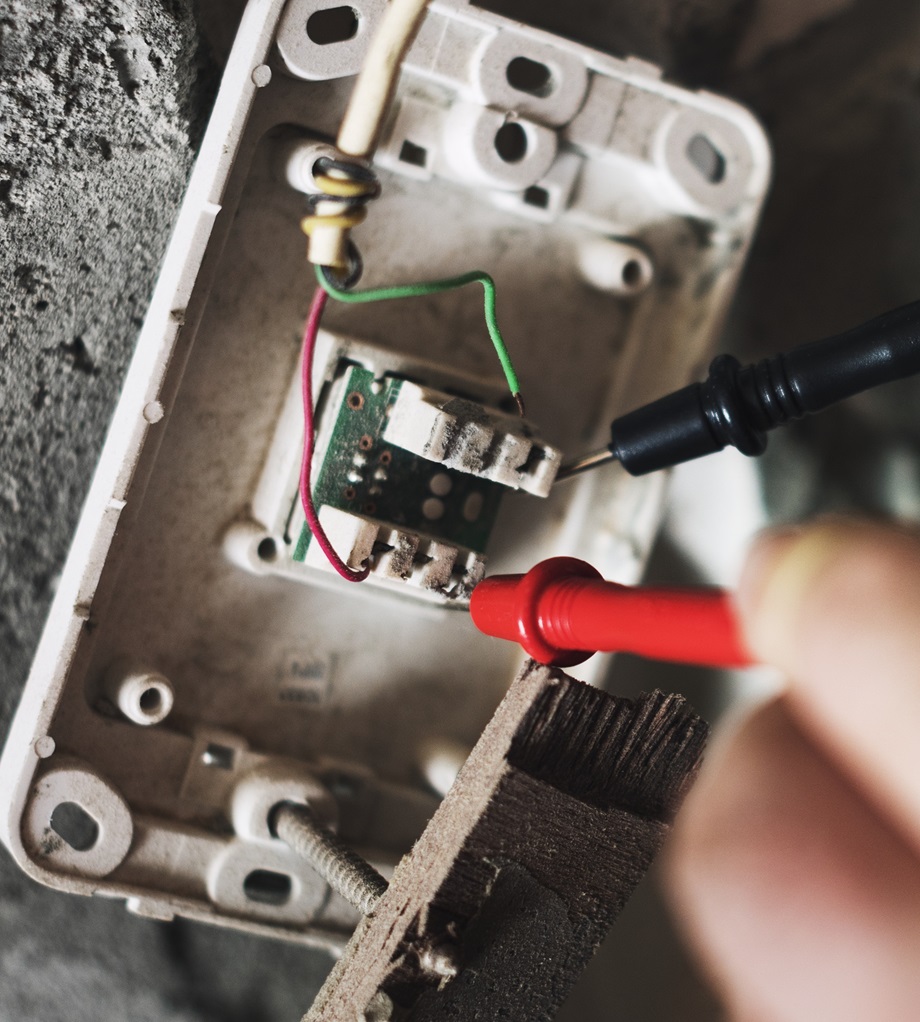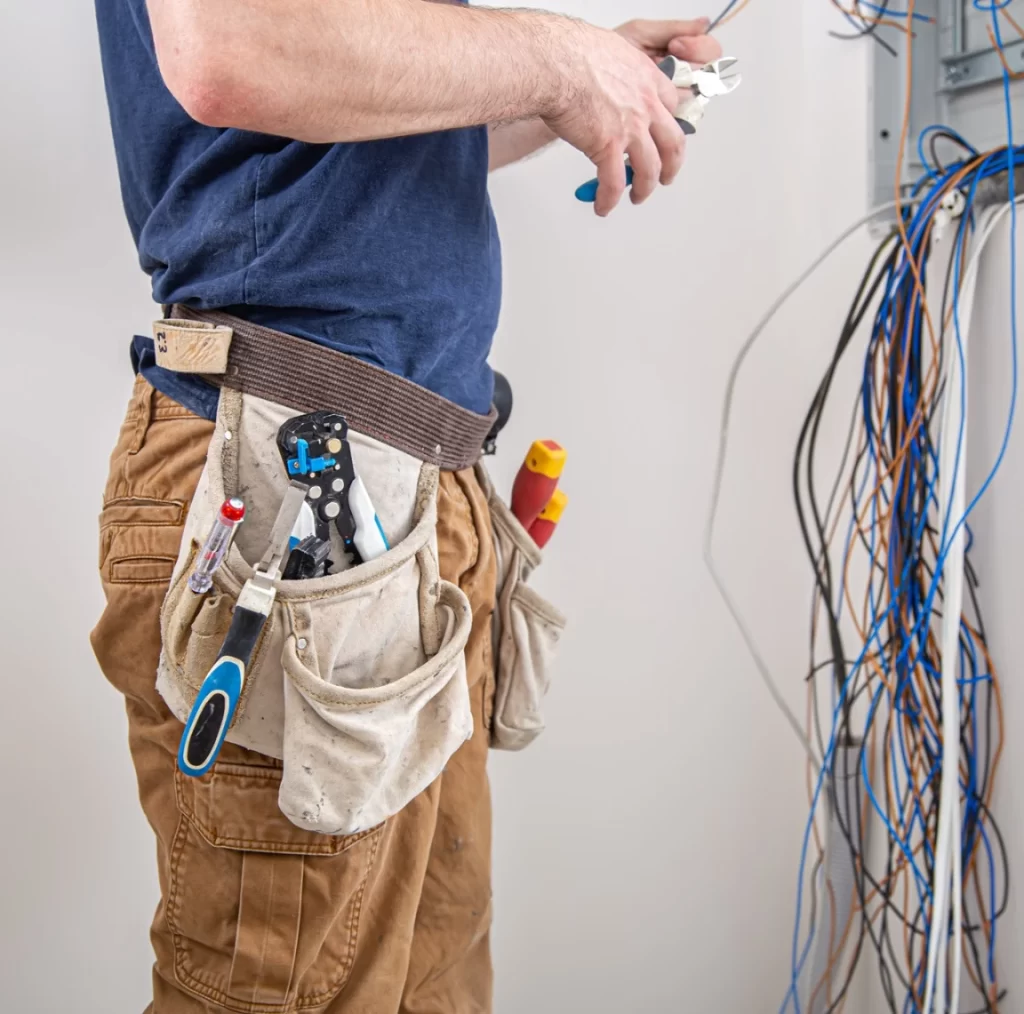Aluminum wire Repairs
Save Time and Money with Landmark Electrical Aluminum Wire Repairs Service
When repairing and re-installing aluminum wiring, one must consider several important considerations. Proper handling and installation of aluminum wiring are essential for a reliable connection that will last for years.
Basic Types of Aluminum Wires
Aluminum wiring is typically divided into two main categories: ACSR and bare Aluminum. ACSR stands for Aluminum Conductor Steel Reinforced and is a widely used cable type due to its ability to transmit electricity more efficiently than other cables. This type of wire also has more flexibility than different types, making it easier to install in difficult locations.
Bare aluminum wiring consists of individual strands of annealed aluminum alloy, which come in flexible and rigid varieties depending on the needs they need to fulfill.

Why do We need to Replace aluminum Wires?
Homes and buildings have employed aluminum wire for decades, but it has drawbacks. The International Association of Certified Home Inspectors provides helpful information about aluminum wiring.
They state that Aluminum exhibits specific properties that, when contrasted with copper, make it an unsuitable material as an electrical conductor.
- Aluminum resists electrical current, and its conductors need a bigger diameter than copper conductors for the same current.
- It wears out faster than copper when twisted and overused. This Wear and tear damages the wire down internally and resists electrical current, creating excessive heat.
- Aluminum in homes will degrade when it interacts with different metals in moisture.
- Aluminum wire oxidizes faster than copper wire and becomes less conductive. Oxidation weakens connections and increases fire risk.
- Another feature that makes Aluminum unsuitable for electrical work is its softness and compressibility. After a screw is over-tightened on aluminum wiring, the wire will continue to distort or "flow." This loosens the connection and increases electrical resistance.
- Finally, Electrical current through Aluminum vibrates more than copper, loosening connections over time.
When to Replace Aluminum Wiring?
Also, a change in color on wires, connections, or fixtures could mean faulty connections letting out heat into the air. Flickering lights also indicate problems with aluminum wiring due to high resistance levels in connections caused by oxidation buildup over time.
You should also go for it if you want to insure your property. Insurance companies usually need a signed certificate from a licensed electrician or other authority to confirm that a house has copper wiring. If the wiring is old, they may refuse to give you a policy.

Tips for Choosing an Electrician for Replacing Aluminum Wires
- Research Electricians in Your Area
- Check for Qualifications and Licensing
- Ask for Referrals
- Consider Experience with Aluminum Wiring
- Confirm Their Insurance Coverage and Licensing
- Negotiate a Fair Price for the Job
- Get an Estimate Beforehand

Professional Advice and Services in Vancouver
Landmark Electrical proudly offers aluminum wire repair services to customers in Delta, Surrey, White Rock, Langley, Vancouver, and the Fraser Valley. With vast experience in the electrical industry, Our professionals are among the area’s top-rated electricians. Our aluminum wire repair services include the following:
- Inspection for corrosion or deterioration.
- Rewiring outlets and switches as needed.
- Replacing old wiring with copper wires where necessary.
- Testing for proper operation after task completion.
We offer a 100% Satisfaction Guarantee on Every Electrical Service. Contact us to get your aluminum wire fixed!
Book An Appointment


